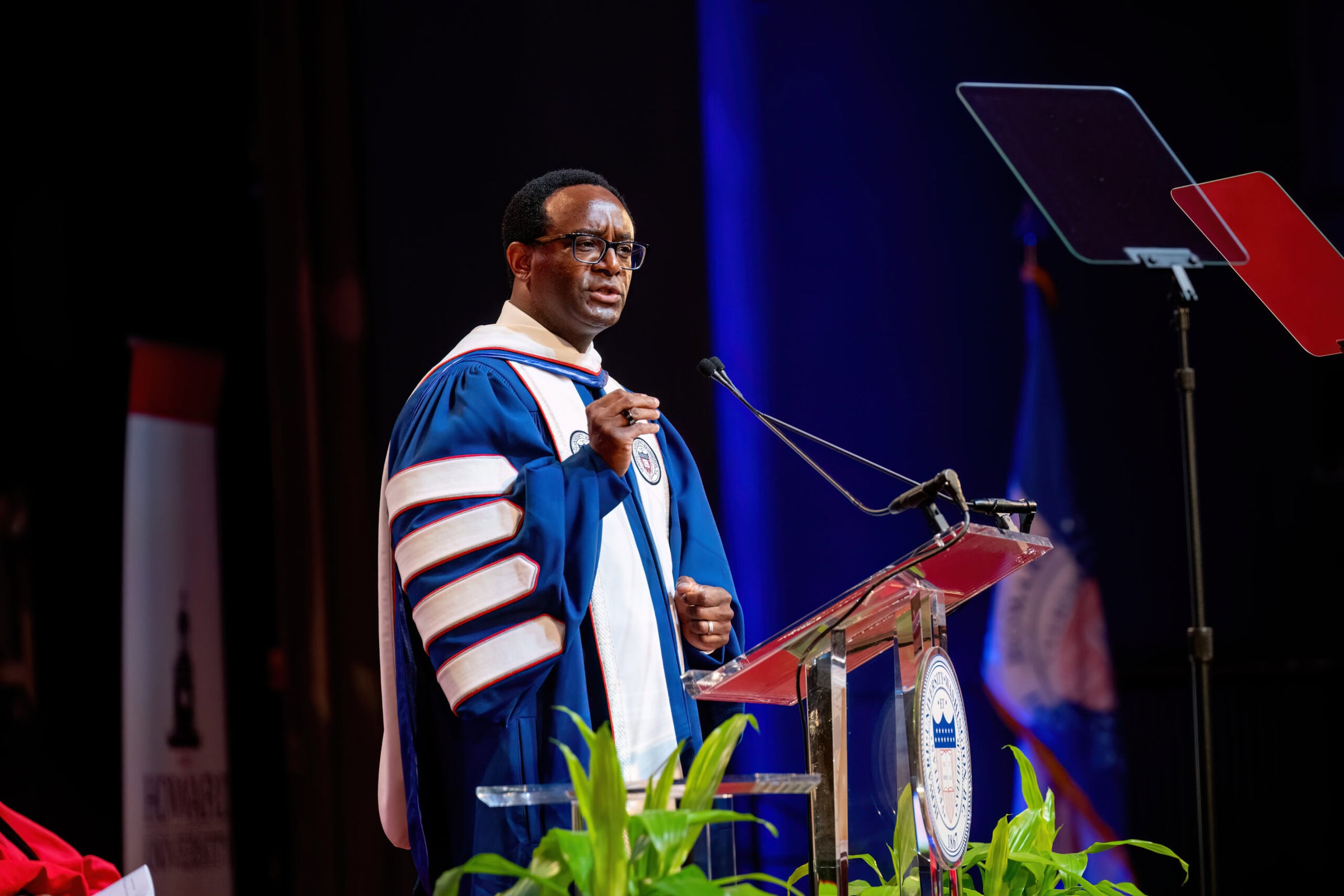Now that Sarah Palin has made motherhood an integral part of the job qualifications for the highest offices in the land, perhaps it is time to reflect once again on the complexities and challenges of combining motherhood and work, lest this seem to be an issue restricted to hockey moms who aspire to the (vice-) presidency. Certainly, not many women are brave enough to have as many as five children while engaged in demanding and time-consuming employment, and few of us enjoy the legal right to be reimbursed on a per diem basis for working at home, as is apparently the case in Alaska. But all working mothers have experienced the inevitable strains and stresses entailed in combining work and parenting on a sustained basis. There are no magic formulas for how to negotiate these questions, and the paths chosen have as much to do with individual resources and temperament as with the more structural issues that everyone confronts. In my case, I was fortunate enough to be able to afford a babysitter at a time when, in the late 1960s and early 1970s, there were few alternatives to home care although, it might be noted, I did spend my entire salary on babysitting and related help. I also made some early decisions about how to utilize my time that stood me in good stead over the years and taught me some important lessons on how to handle conflicting demands, whether between home and work or simply among the rising demands that progress in a career usually produces.
Like Sarah Palin, I had my children before I began full-time employment, during the final years of my graduate training while I was writing my thesis. I did not return to work three days after the birth of my children, but I did not take much more than two weeks off with each of them (there being only two, born about 22 months apart). Probably the hardest part of those early years, especially once I started teaching, derived from the fact that I had to commute. During my first two years of teaching (at Bryn Mawr College and the University of Pennsylvania) I traveled as much as five hours a day and after that—for almost 20 years—for two to three hours, depending on the traffic between Baltimore, where I lived, and College Park, where I taught at the University of Maryland. This meant getting up very early in the morning and returning home close to six or so in the evening, a difficult schedule for a parent of very young children, although it improved in terms of the time available to spend with them as they got older.
I made an early decision—from which I never wavered—not to work on the weekends but to spend both days completely with the children. I made up the time given over to them on the weekends by working late into the night (and early morning often) in order to get it all done. Happily, I have never needed a lot of sleep and, indeed, rarely got more than four hours a night for years. My children still recall their struggles to get to sleep, as I hammered away on the typewriter until one or two in the morning in those pre-computer days. I also decided that I would spend the two days I was not teaching closeted in the library at Hopkins, without seeing anyone, eating lunch, or diverting myself in any way from the work at hand. Although this meant that only two days a week were available for research and writing, preparing for courses, and all the other things required of a beginning assistant professor, it soon became clear that one could accomplish a huge amount during two completely focused and uninterrupted days of work, at least when combined with the late-night sessions, to which I usually relegated the day-to-day work for school, such as grading, preparation, and so on.
I began my first regular, that is tenure-track, teaching position in 1974, a moment when married women with children were just beginning to enter the profession in significant numbers and were keenly aware of the need to prove that they could perform as well as their male colleagues and with the same degree of dedication and uninterrupted service. To give you a sense of how intensely the women of my generation experienced this demand, let me recount an incident that occurred during my first year of teaching. I had hired a 72-year-old babysitter, much to the dismay of my mother, who warned me that she would probably drop dead in the kitchen while working for us. But I persisted nonetheless, since she was a marvelous woman who had raised 13 children of her own and had at her command a seemingly infinite pool of patience, something I definitely did not possess in those days. Alas, as you have probably surmised, she did die suddenly and in the kitchen, after having put the children, then three and five, down for their afternoon naps. Because she was so old, I had someone come in once a week to help clean, and it was this person who discovered Kate, called the police, who in turn called my office at Maryland. She then woke up the children and took them next door to a neighbor’s house, so that they would be protected from the sight of Kate.
I got the call from the police in the midst of a conference with an undergraduate student during my office hours and, upon hearing what had happened, turned to him and said: “I’m afraid there is a dead body in my kitchen and I have to go home to deal with it.” “But Dr. Spiegel,” he insisted, “I have been waiting to see you for over an hour.” So hypersensitive were we in those days to the need to be wholly “professional” that it took me at least half an hour to realize that if I were a man, I would have left instantly and without regret or hesitation of any kind. This I finally did, drove home, wrapped up the body, called Kate’s daughter and the undertaker, and handled the situation well enough that the children remained unaware of what had happened until it was later explained to them in what I hope was a gentle fashion.
Somewhat paradoxically, at least according to a psychoanalyst friend who to this day marvels at my response, I inferred from this event that the powers that be meant for me to be a historian (my friend, to the contrary, contends that most women would have determined never to leave the house again until their children went away to college). Had this sad event taken place the following day, the cleaner would not have been there to discover the body, my husband, then press secretary for Paul Sarbanes during his first senatorial campaign, would have been away from home until late at night, and I would have been in Rochester giving my first paper at the annual meeting of the Society for French Historical Studies. The children would have been home with the dead body of their beloved babysitter and who knows what trauma might have ensued.
Admittedly, this is an extreme example of the sorts of problems all of us who combine work and parenting, whether female or male, encounter. I was not a hockey mom, but I did raise a child who was a talented musician, a far more time-consuming and demanding task since as she got older we practiced together for anywhere from three to fours hours a night, not to mention the endless chauffeuring to Peabody Conservatory for violin and piano lessons, orchestra, theory, and chamber music. I took my son to speed skating twice a week and, when he got older, routinely played tennis with him. I still play music with my daughter and tennis with my son and consider those years the most rewarding period of my life.
This is not to say that there were not costs and sacrifices. I often suffered from bronchitis and pneumonia; I rarely entertained in those days since whatever free time I had I spent with the family; and it took me considerably longer to complete my second book (almost 12 years) than would have been the case, in all likelihood, had I not had so many nonacademic demands on my time. But apart from the second book, my rate of publication more or less matched that of my male colleagues and proved perfectly adequate for the award of tenure and later promotion to full professorship.
Moreover, I learned some extremely useful lessons that have stood me in good stead throughout the remainder of my career. Two, in particular, strike me as essential, especially once I began (fairly late in my career) to take on administrative responsibilities, first as chair of my department at Johns Hopkins, then as dean of humanities at UCLA and acting dean of faculty at Hopkins, the latter combined with a second stint as chair of the history department. The first was to compartmentalize: never to allow the problems and distresses generated in one domain to spill over to other areas of work or family life. The second was to concentrate: to use whatever time was available to address the tasks at hand with maximum focus and to get them done as efficiently, without compromising, as humanly possible. Both require a fair amount of discipline: the discipline not to procrastinate; to avoid tempting but not necessary socializing; to preserve as a quasi-sacred commitment the time set aside for scholarly work, and not to let anything distract you from it; to pace yourself so that there is time for other things—if no longer children, then music or gardening or tennis or whatever activity affords pleasure and alternative modes of living. I still try not to work on weekends, although I am not entirely successful, and I always return to work much more refreshed and eager than when I violate this regime. And over the years I have remained convinced that, indeed, the powers that be meant for me to be a historian.


